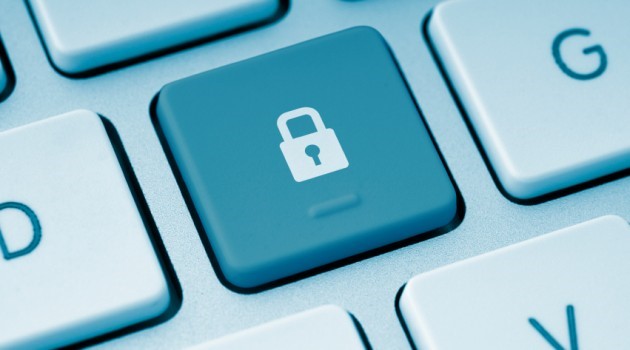Thwarting identity theft and data breaches

By John Mason, Investment Technologies & Operations Manager
Over the last couple of years, identity theft and data breaches have been a hot topic. Currently fueling this subject are captivating headlines about countries, companies and organizations being hacked. In 2016, we saw news on Russia, China, the Democratic National Committee (DNC), the National Security Agency (NSA) and Yahoo, to name a few. It seems that WikiLeaks knows everything about everybody and even the FBI paid professional hackers to crack into iPhones to get information. Hackers will go to great lengths to get what they want and it’s our responsibility to put obstacles in their way.
The truth is, with all of the modern conveniences offered by networks and electronic devices; we have opened ourselves up to risk. This information isn’t meant to feed identity-theft paranoia or advising you to go off-grid, it’s to make you aware of simple safeguards that you can put into place to secure your personal information.
Think of it sort of like your vehicle’s security system. You can lock the doors, install an alarm and even park it in the garage to reduce the risk of theft. You can do the same with your personal information, so let’s look at a couple safety measures that can be implemented.
Invest in a password manager
Believe it or not, password managers offer both convenience and security. Think of them as a safe or vault where you store valuable information. How they work is that password managers store your login information in an encrypted database for all the websites you do business with. The database can only be accessed using a master password (acts as a key), which is the only password you will need to remember.
After your password manager has been installed, it will automatically log you in or prompt you to choose the credentials you would like to use when visiting a website. Password managers not only save passwords, they can also auto-generate complex passwords to ensure tighter security. For additional convenience, the application can be synced with all your mobile devices so you have access on those also.
How can this help you? If your computer catches a virus the first thing it may look for are passwords stored in browsers or in a document on your hard drive. (You know, the one named “passwords.doc” or “important.xls.”) In addition, many of us are guilty of leaving post it notes or documents sitting out with password information. These are all vulnerabilities in security and should be addressed.
Setup two-factor authentication for online applications (aka, two-step verification)
Two factor authentication is less convenient, but incredibly critical to safeguard your information. Two-factor authentication adds an additional layer of security when logging onto a site. For example, you login to your bank website and are prompted to provide an additional code, which the bank texts you. Or, you may be prompted by an additional question or image to describe. Think of two-factor authentication as a security door for your home. You’ve just added another layer of security that is an obstacle for any hacker. Nowadays, almost all online applications allow you to turn on two-factor authentication (Gmail, iCloud, Dropbox, etc.) so it makes good sense to invest the set-up time now to protect your future.
Click Here – for more information on password managers and two-factor authentication.
Disclaimer: The opinions in this article are for general information only. Neither Versant Capital Management, Inc. (VCM) nor any of its affiliates or employees makes any warranty, express or implied, or assumes any liability or responsibility for the accuracy, completeness, regulatory compliance, or usefulness of any information, tools, resources or process described, or represents that its use would fully protect against cyber security incidents, including but not limited to system breaches, compromise of firm security and/or improper access to confidential information. The article contains links to content that is available on third-party websites. Please note that VCM does not endorse these sites or the products and services you might find there.
